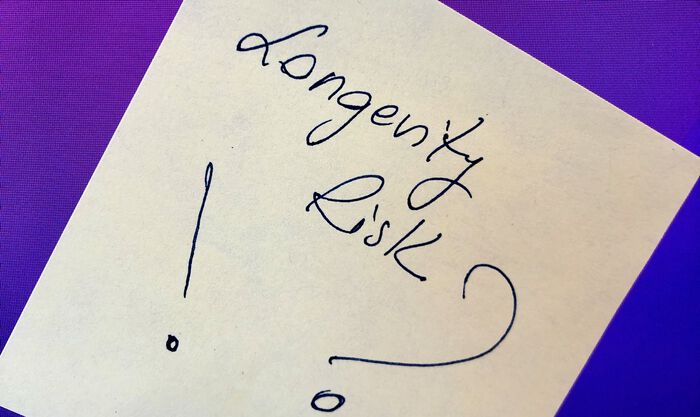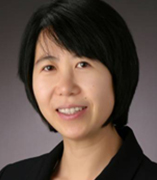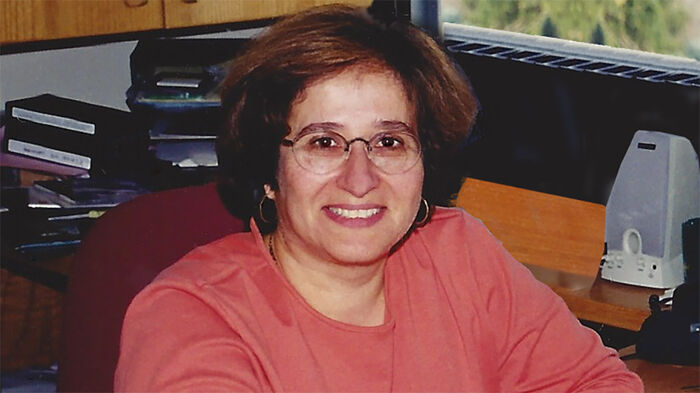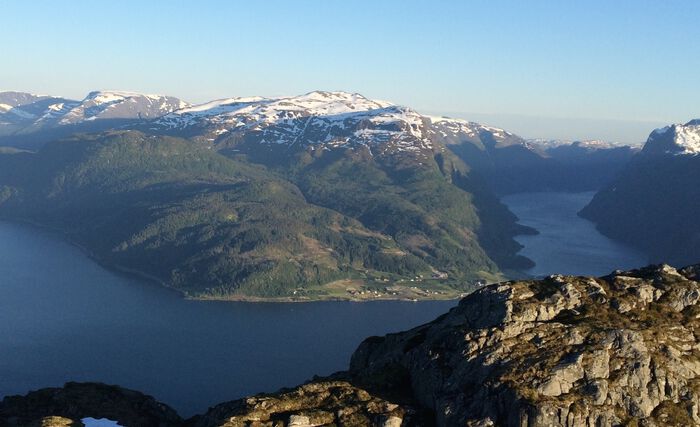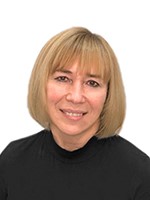Gjesteforelesninger og seminarer - Side 8
Stephen Hladky presents work in collaboration with Margery A. Barrand (both Department of Pharmacology, University of Cambridge).
Abstract: Extravascular fluxes of marker substances and some wastes are sufficiently fast that there is almost certain to be a component of flow augmenting their diffusion in the parenchyma. There have been two major proposals for how this flow is produced and where it is important. The evidence for the classical and glymphatic hypotheses will be reviewed. Extravascular, and in particular perivascular, routes for fluid movement out of the parenchyma to lymphatics may be important in the development of hydrocephalus.
I will explain how motivic homotopy theory can be used to attack problems regarding finite projective modules over smooth affine k-algebras. I will recall in particular the foundational theorem of Morel and Asok-Hoyois-Wendt, and the construction of the Barge-Morel Euler class. Time permitting, I will explain recent progress on Murthy's splitting conjecture.
C*-algebra seminar talk by Marco Matassa (OsloMet)
Financial risk arising from the increasing of life expectancy. This is all in a nutshell. To know more, come to the lecture: forecasting, modelling, quantification.
We combine a systematic approach for deriving general a posteriori
error estimates for convex minimization problems using convex duality relations with a recently derived generalized Marini formula. The resulting a posteriori error estimates are essentially constant-free and apply to a large class of variational problems including the p-Dirichlet problem, as well as degenerate minimization, obstacle and image de-noising problems.
For the p-Dirichlet problem, the a posteriori error bounds are equivalent to the classical residual type a posteriori error bounds and, hence, reliable and efficient.
Abstract (PDF)
José Carlos Nieto Borge is a marine physicist and associate professor at the Universidad de Alcalá de Henares, Spain.
We consider the linearized elasticity equations, discretized using multi-patch Isogeometric Analysis. To solve the resulting linear system, we choose the Dual-Primal Isogeometric Tearing and Interconnecting (IETI-DP) Method with a scaled Dirichlet preconditioner. We are interested in a convergence analysis. See more details below.
We will present the results of numerical experiments that demonstrate our theoretical findings.
Professor Elaine Cohen (University of Utah) kreeres til æresdoktor ved UiO. I den forbindelse vil hun holde en forelesning: Mathematics and Geometric Modeling: Similar Ingredients, Distinct Goals.
I will discuss the question in the title. This is joint work with Alex Degtyarev and Ilia Itenberg. This will be a talk involving very classical topics in algebraic geometry. I will try to make the talk accessible to students at master- and PhD level.
QOMBINE seminar by Daniel Stilck Franca (ENS Lyon)
C*-algebra seminar talk by Pinhas Grossman (University of New South Wales)
The simulation of multi-phase fluids has attained growing interest in the last decades. While for single-phase flow with the Navier-Stokes system the basic model is well understood, for multi-phase systems additional challenges by the necessity to track the transition zones or interfaces between different fluid components arise.
We propose to use a phase field as a smooth indicator function to describe this situation. Using phase-field models, one introduces a small layer of mixed fluids as a so-called diffuse interface. One benefit of phase-field models is, that they can naturally deal with topology changes and can easily be extended to cope with contact line dynamics.
This model allows for discussing the optimal control problem for two-phase flow. We introduce a thermodynamically consistent phase-field model for two-phase flow including a model for contact line dynamics and introduce an energy stable numerical scheme.
This scheme allows us to investigate the time-discrete (open loop) optimal control problem, where we investigate different control actions to steer a given distribution of phases towards the desired distribution. We derive the existence of solutions to the optimal control problem and provide first-order optimality conditions.
Hybrid format via Zoom possible on demand (contact timokoch at uio.no)
C*-algebra seminar by Marcelo Laca (University of Victoria)
Nordfjordeid Summer school 2022
Migration of particles and deformation and coalescence of droplets can be highly affected by the non-Newtonian properties of the carrier fluid.
In this talk, we focus on the effects of viscoelasticity and yield stress (plasticity) on particle and droplet dynamics. Results are presented from numerical simulations of Navier-Stokes equations coupled with viscoelastic and elastoviscoplastic constitutive models. We will investigate how to yield stress and elasticity affect the final position of a particle in channel flows, and how complex fluid droplets deform, merge and jump on a superhydrophobic surface.
Hybrid format via Zoom possible on demand (contact timokoch at uio.no)
C*-algebra seminar talk by John Quigg (Arizona State University)
Brain source analysis is an important tool in brain research. It is used for example during operation planning for epilepsy patients. Given EEG (electroencephalography) and MEG (magnetoencephalography) measurements the goal is to reconstruct the brain activity, i.e. the electric potential in the brain. This poses an inverse problem. It was observed in experiments, that the accuracy of the inverse problem strongly depends on the quality of the forward simulation, in particular the head model. We discuss how modern numerical methods like discontinuous Galerkin (dG) methods and cut-cell techniques can increase the robustness of the forward problem and simplify the overall workflow. Hardware-oriented design of numerical methods allows for improved speed of the inverse simulation by making use of modern hardware resources. In order to compute the forward problem efficiently, we propose an algebraic multigrid solver for cut-cell dG methods. We introduce the challenges of EEG/MEG inverse modeling and discuss how different parts of the problem can be improved using modern numerical methods.
Hybrid format via Zoom possible on demand (contact timokoch at uio.no)
The talk will start at ca. 13:00 right after the talk by Andrea Bressan.
Abstract: Many constructions have been proposed to attain adaptivity within the IGA framework (HB-, T-, LR-splines among others).
The idea of all approaches is to break the tensor product structure of the space in order to allow a spatially varying resolution.
Here we present an approach for adaptivity in IGA aimed at solving PDEs with preconditioned Krylov methods.
All the main ingredients of this work are already known, but their combination looks promising for the
development of isogeometric solvers with a good balance of flexibility and computational efficiency.
Hybrid format via Zoom possible on demand (contact timokoch at uio.no)
C*-algebra seminar talk by Guillaume Aubrun (Université Claude Bernard Lyon 1)

